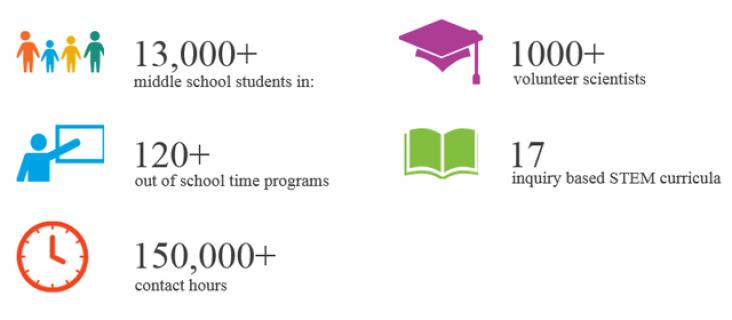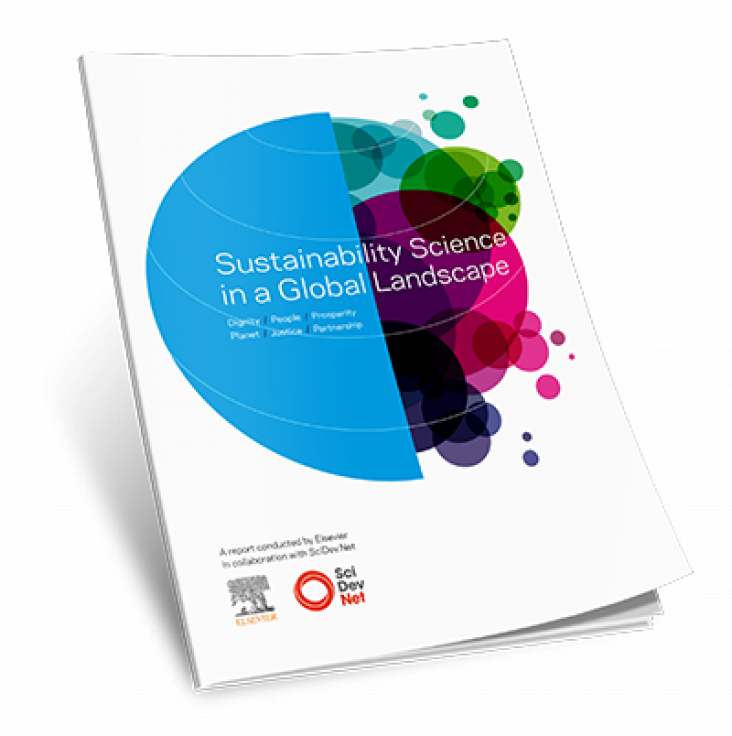Including gender in scientific research will maximise the impact of that research. SciDev’s new online course is designed to help students understand why gender is such an important component of research. It also explores the implications for science and global policy agendas, including the climate change agreements and the UN Sustainable Development Goals. This course explores the importance of gender (SDG 5) in science and research (SDG 4).
The Blueprint for Business Leadership on the SDGs aims to inspire all business — regardless of size, sector or geography — to take leading action in support of the achievement of the Sustainable Development Goals (SDGs). It illustrates how the five leadership qualities of Ambition, Collaboration, Accountability, Consistency, and Intentional can be applied to a business' strategy, business model, products, supply chain, partnerships, and operations to raise the bar and create impact at scale. The Blueprint is a tool for any business that is ready to advance its principled approach to SDG action to become a leader. This chapter relates specifically to SDG 4.

The HPCC Systems Team collaborates with multiple higher learning institutions globally to help train and develop the future managers of Big Data projects. Participating institutions receive free training classes and materials to learn the platform and help incorporate it into their curriculum. Students benefit from learning and working with a platform that was designed from the ground up by industry leader, LexisNexis. This programme advances SDG 4 Quality education and SDG 9.B to support domestic technology development, research and innovation in developing countries.

HPCC Systems offers free introductory online training classes for anyone wanting to learn the basics of the ECL programming language and the open source HPCC Systems platform. Included in the training are self-paced lessons, lab exercises and a moderated Q&A forum to increase proficiency for solving Big Data problems. HPCC Systems training advances SDG 4 Quality education and SDG 9.B to support domestic technology development, research and innovation in developing countries.

Recognising the need to support STEM education, as part of its overall commitment to SDG4, the Elsevier Foundation has partnered with the New York Academy of Sciences' (NYAS)to expand its after-school mentoring in STEM programme. Inspiring more than 1,300 Middle School students each year, the After School Program trains graduate students and postdoctoral fellows to mentor 8 -14 year olds. Now with funding from the Elsevier Foundation, the prohgramme will be expanded to reach underserved children.
The UK Government and the Local Government Association have launched the ‘Come Back to Social Work’ campaign to address the shortage of experienced social workers in adults and children’s services. The pilot will see 30 social workers offered 13 weeks’ training to help prepare them to re-enter practice in early 2017. This government campaign contributes to the advancement of SDG 4 to ensure inclusive and equitable quality education and promote lifelong learning opportunities for all.
This webinar focuses on tackling child labour in global supply chains, which are issues covered in Goal 4 and Goal 8.

Watch a video providing expert opinion about this report, conducted by Elsevier in collaboration with SciDev.net, which contributes to the understanding of sustainability science as a research field and the dialogue between science and society in sustainable development. The report is relevant to all 17 SDGs as it underlines the inter-disciplinary nature of sustainability science and the impact that has on the success of the SDGs. The report helps to advance SDG 4 Quality education and SDG 10 Reduced inequalities.
This report offers practical advice and sparks of inspiration for creating child labour free zone, which are issues covered by Goal 4, Goal 8, and Goal 12
This report highlights how businesses have had a strong focus on advancing Goal 4, working with different stakeholders.
